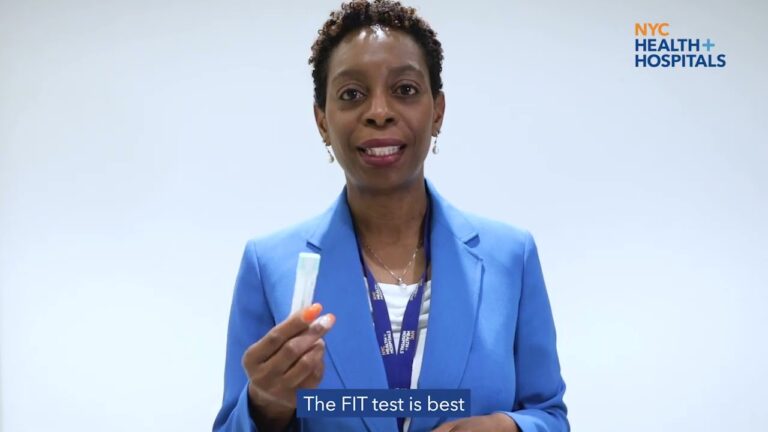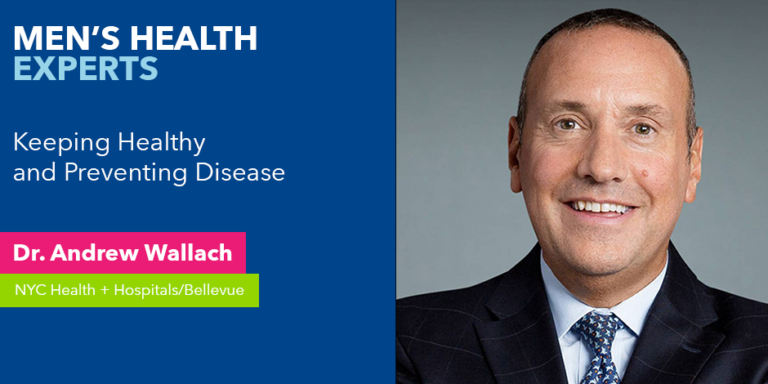Ask Our Expert: Five Facts on Mammograms and Breast Health

October is Breast Cancer Awareness Month so we want all of our patients to have the most up-to-date information on breast health and cancer screening. Breast cancer is one of the most common cancers in women. The risk of developing breast cancer increases as you get older.
Living a healthy life reduces your risk of getting breast cancer. Here are 5 fast facts on breast cancer and reducing your risk.
What can women do to reduce their risk of breast cancer?
There are a number of behaviors that can reduce the risk of breast cancer and help you live your healthiest life. Start by quitting smoking, limit alcoholic drinks to one per day, keep a healthy weight, and exercise regularly.
What puts women at greater risk of developing breast cancer?
Many factors may affect the risk of developing breast cancer, including:
- getting older
- not having children, or having your first child later in life
- having close family relatives, such as a mother, sister, or daughter, who have had breast cancer
- starting your first menstrual period at an early age
- beginning menopause at a late age
- having been treated with radiation therapy to the breast or chest
Are there risks associated with taking menopausal hormone therapy?
According to the National Cancer Institute, women who took estrogen plus progestin as menopausal hormone therapy were more likely to be diagnosed with breast cancer. If hormone therapy has been recommended for you, talk to your doctor about these risks.
What are NYC Health + Hospitals’ recommendations regarding screening for breast cancer?
If you are 40-74 years old, be sure to get screened for breast cancer at least every two years. Talk to your doctor today about your personal risks, and how often you should be screened.
What are the symptoms of breast cancer?
Some women have signs and symptoms of breast cancer and some have none. If you are experiencing any of the following, make an appointment and see your doctor: a new lump in the breast or underarm, thickening or swelling of part of the breast, dimpling of breast skin, redness or flaky skin in the nipple area or the breast, pulling in of the nipple, or pain in the breast. These symptoms may be caused by something other than cancer, but the only way to know is to get checked.
To learn more, visit nychealthandhospitals.org/breasthealth.


